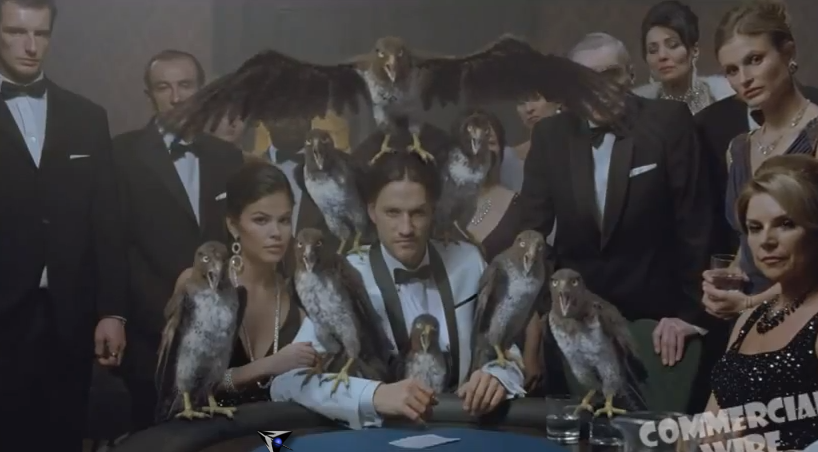Hey Everybody,
Today I wanted to go over something that doesn't always come
up in every DND game but can sneak its way in and ruin good story lines,
players. Lets start with an example, this happened in a game of mine last week.
It was a mock up twisted version of Aladdin, the players find him right as he's
tied up drowning under water. When they rescue him they proceed to do two
things in order. Loot his unconscious body and then interrogate him when he's
finally conscious. After a grueling few minutes of answering twenty questions
out of no where my patience and my npc's patience was wearing thin and he
refused to answer more and moved on his merry way. The players of course
deciding to follow him because he talked. They moved onto a combat scenario and
dungeon where I intentionally had the npc walk off and do his own tasks before
he started making his way out. Once out of the dungeon the second round of
twenty questions began, at this point I gave a blatant refusal to answer and
the players decided to attack and attempt to torture. The npc being ninja class,
slipped his locks and fled off into the sunset never to be seen again.
I want to look at this situation from a few different angles
because it says allot about human mentality and how to handle players in these
kind of situations. First off players and people are not necessarily nice,
society shows us to be nice in large numbers but put us alone with no consequences
and a weapon, give the players the slightest annoyance and they usually default to kill. This isn't
bad, its kept us alive throughout history and is generally the main plot driver
of most stories. But without reason they're no longer using any sort of emotion
and are no longer role-playing.
The issue arises when players act illogical, when the chaotic
good cleric start punching bunnies in the face because there's one in the room.
This isn't the definition of chaotic, and unless bunnies are somehow bad for
that cleric its illogical. The quickest way to break a game is by being
illogical, and while this seems foolish its the reason behind every DM's "because
I said so" statement ever. If you can ever ask "well why" and
there's no logical answer, then you should look for one. There probably is one
and by just looking for logic and having characters act logically you can put a
ton of heart and soul into characters and creatures that were previously devoid
of emotion.
I want to give an example of two scenarios one without logic
and one with.
Scenario One - No logic
The players walk along a path and get attacked by a pack of
wolves, the wolves fight to the death and the players walk away victorious with
a ton of wolf bits. The end.
Scenario Two - With a hint of logic
The players walk along a path and get attacked by a pack of
wolves, the wolves fight but once the first wolf is killed they immediately
focus attention on the character that killed the first wolf. After 1/2 to 3/4
of the wolf pack dies the wolves flee whimpering. The players make their way
through the forest hearing wolf howls periodically until their safe.
or
The players follow the wolves and find a den nearby with a
half dozen wolf cubs. And the wounded territorial wolves.
The changes between scenario one and two all stem from the
central question, why did the wolves attack? Is this a lot more work mentally,
maybe but its worth it to create a emotional story. So when planning your games
give yourself some why questions, and if characters are being illogical ask
them why and see if they cant give you an answer.
Now this may have seemed like a rant because some players
were mean to an npc, not at all. This is a rant about the unforeseen meta. This
is dangerous because the players no longer looked at their characters and the
npc as people, they dropped all role-play and killed something because it was
slightly frustrating. They acted illogically and out of character for the
situation and that is not what DND is about, that's not trying to feel an
experience or place yourself in a new situation. That's trying to beat a game
without any soul, and that is meta.
Game on,
Duane









